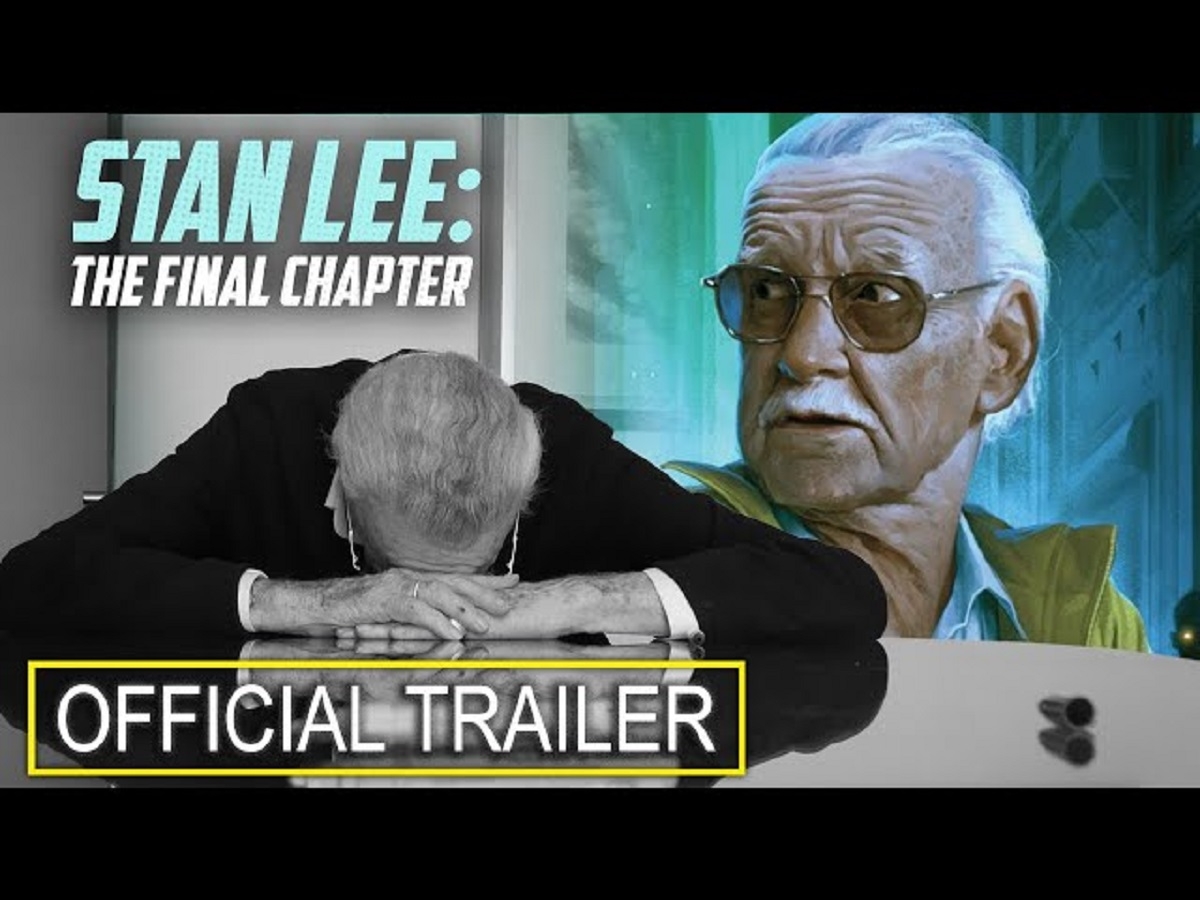Stan Lee - The Final Chapter: Documentary Trailer Reveals Shocking Truths About Marvel Icon's Final Years
Total Views |

The long-awaited trailer for Stan Lee: The Final Chapter
has finally been unveiled, offering an eye-opening look at the darker aspects
of the legendary comic book creator's final years. Directed by filmmaker Jon
Bolerjack, the documentary shines a light on the exploitation and elder abuse
that Stan Lee reportedly endured in his final years. Bolerjack, who spent years
following Lee around conventions and movie premieres, captured hundreds of
hours of footage, much of which reveals troubling behavior from those close to
Lee.
In the years leading up to his death in 2018, Lee was
subjected to a relentless schedule, frequently traveling to comic conventions
despite his declining health.
The documentary highlights how Lee's signature
autographs and memorabilia were exploited for profit, with much of the proceeds
going elsewhere. This financial manipulation is at the heart of the film, with
Bolerjack aiming to expose the truth behind the profit-driven industry that
surrounded Lee during his final days. The documentary revisits troubling
allegations of elder abuse, including claims made by Lee himself in 2018. Lee
filed a restraining order against his former business partner, Keya Morgan,
accusing him of manipulation and mistreatment.
The trailer also shows Max
Anderson, Lee's former road manager, who was also involved in the investigation
and denied any wrongdoing. Though these figures are not directly named in the
film, their involvement in Lee's troubled final years is hinted at throughout.
Bolerjack, who first met Lee over a decade ago and
became a trusted member of his entourage, acknowledges that his documentary
filmmaking crossed into personal territory.
He grew close to Lee, advocating for his well-being and
attempting to ease the burden of his hectic schedule. Despite the film's heavy
subject matter, Bolerjack believes Lee wanted these aspects of his life to be
shared as a warning tale, to prevent others from facing similar exploitation.
To complete the project, Bolerjack has launched a
Kickstarter campaign, seeking $300,000 to fund the documentary's
post-production, cover legal costs, and compensate crew members.

